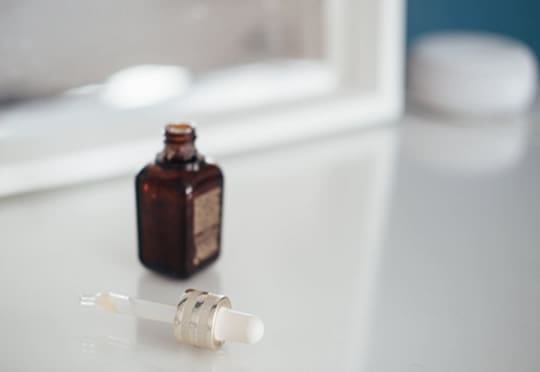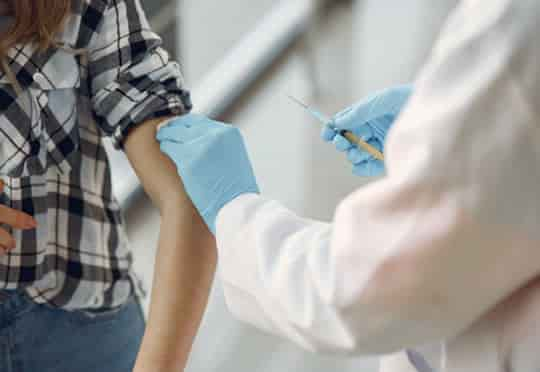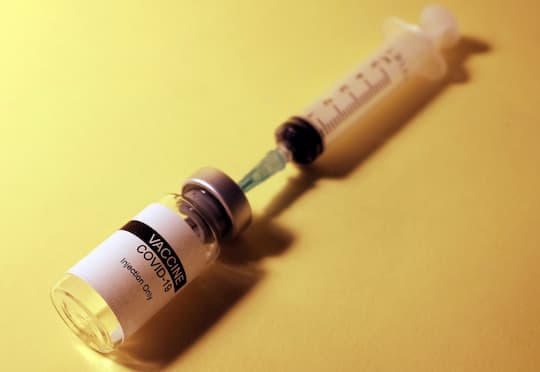‘Long COVID’ symptoms include ongoing fatigue, joint pains and breathlessness many months after the acute phase of the disease is over.
The novel coronavirus may cause an imbalance in gut bacteria which is partly responsible for ‘long COVID’, new research finds.
Long COVID symptoms include ongoing fatigue, joint pains and breathlessness many months after the acute phase of the disease is over.
Patients who have had COVID also have poor gut microbiome composition and changes in bacterial diversity.
The gut may have a part in lasting inflammatory symptoms after the infection has gone.
Past studies have suggested that the gut and its microorganisms can alter the immune system response.
For the present study, researchers collected the blood and stool samples of 100 hospitalised COVID patients and 78 non-COVID adults.
COVID severity in patients was identified as:
- mild if the X-ray showed no evidence of pneumonia,
- moderate if pneumonia with fever and respiratory tract symptoms were detected,
- severe if patients had serious breathing problems,
- and critical if they needed mechanical ventilation or had organ failure ending to intensive care.
The results showed a large difference in the composition of the gut microbiota between patients with and without COVID.
The number of Ruminococcus torques, Bacteroides dorei, and Ruminococcus gnavus spices was higher in COVID patients than those with no infection.
In contrast, COVID patients had lower amounts of Faecalibacterium prausnitzii, Eubacterium rectale, and Bifidobacterium adolescentis, which are beneficial bacteria for the immune system.
The illness was more severe in patients with lower level of Bifidobacterium bifidum and F. prausnitzii (an anti-inflammatory bacterium).
The immune cells secrete inflammatory cytokines in reaction to the virus but sometimes they overreact causing cytokine storms.
Hypercytokinemia or cytokine storm syndrome is a life-threatening condition that can lead to septic shock, damage to the body’s tissues, and lung failure.
Also, the microbial imbalance in patients with COVID was linked to high levels of inflammatory cytokines and C-reactive protein, an inflammation marker.
The authors wrote:
“In light of reports that a subset of recovered patients with COVID-19 experience persistent symptoms, such as fatigue, dyspnoea [breathlessness] and joint pains, some over 80 days after initial onset of symptoms, we posit that the dysbiotic gut microbiome could contribute to immune-related health problems post-COVID-19.”
According to another study, leaky gut syndrome is another condition that enables the COVID virus to get through the surface of internal organs and the digestive tract, making the infection worse.
The authors added:
“Bolstering of beneficial gut species depleted in COVID-19 could serve as a novel avenue to mitigate severe disease, underscoring the importance of managing patients’ gut microbiota during and after COVID-19.”
One study has suggested the use of a probiotic formula to address gut dysbiosis in order to enhance immune defence against viral infections such as COVID.
The study was published in the journal GUT (Yeoh et al., 2021).








